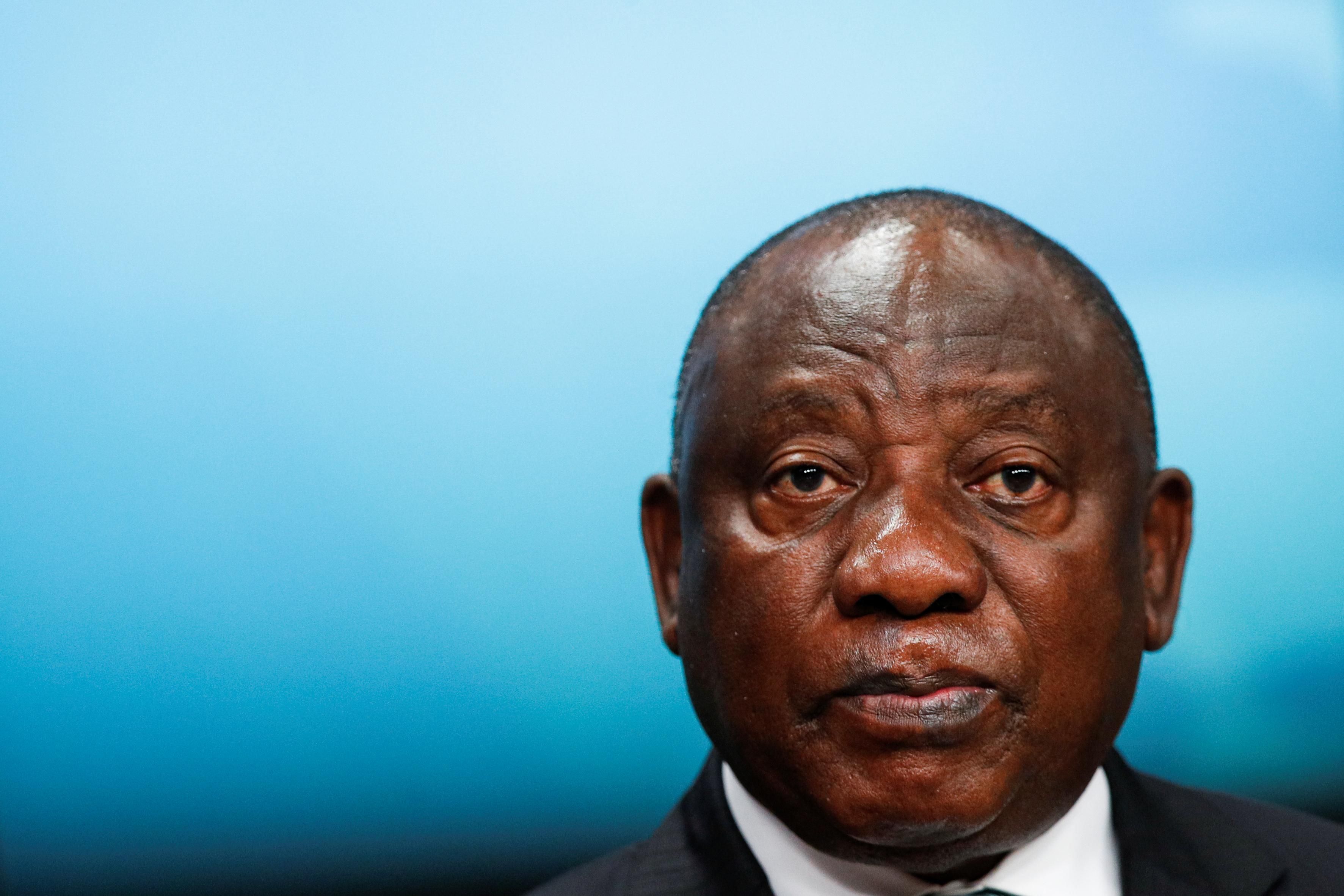Eurasia Group's Africa Director Shridaran Pillay looks at the year ahead for President Cyril Ramaphosa.
President Cyril Ramaphosa is struggling to resolve numerous deep-rooted problems in South Africa: high unemployment, low economic growth, rolling electricity blackouts, and the wage demands of public-sector unions that continually threaten to derail public finances. But to effectively deal with these challenges, he first must shore up his own political position.
At the ruling African National Congress’s elective conference in December, Ramaphosa will try to obtain a new term as party president and place close allies in other important positions. That would allow him to unify a divided party, press ahead with needed economic reforms, and continue with an anti-corruption campaign aimed at reforming the ANC's image ahead of the 2024 election and sidelining opponents to his agenda.
Internal party tensions are mounting ahead of the December event. This week, Ramaphosa’s opponents struck back with allegations of money laundering leveled against him by former intelligence chief Arthur Fraser. A member of the Radical Economic Transformation faction of disgraced former president Jacob Zuma, Fraser charges that Ramaphosa sought to cover up the theft of a large amount of undeclared cash from his wildlife farm in 2020. Ramaphosa denies any wrongdoing, but members of the RET are calling for him to step down, and there will be a police investigation. Moreover, the allegations may further tarnish the president’s anti-corruption credentials after an inquiry into corruption under Zuma implicated several of Ramaphosa’s close associates earlier this year.
Fortunately for the president, the arrest this week in the UAE of two key players in the corruption schemes that proliferated under Zuma will deflect some of the attention away from the allegations made against him by Fraser. The detention and expected extradition to South Africa of Athul and Rajesh Gupta is a victory for Ramaphosa’s pledge to bring corrupt figures to justice and could lead to revelations that will further damage the RET.
The charges against Ramaphosa and the arrest of the Gupta brothers will capture much of the political focus in the months ahead. The allegations against Ramaphosa may represent the RET faction’s last good chance to oust him. Zuma is unlikely to wield much influence at the December elective conference; the litany of corruption cases filed against him has resulted in his isolation from ANC politics and the decline of his once-powerful faction. The RET, in fact, has been leaderless since the suspension of ANC Secretary-General Ace Magashule over corruption charges, and any attempt by the faction to challenge Ramaphosa’s reelection is probably doomed to fail. It is possible, however, that Ramaphosa might have to accommodate the RET by awarding it some leadership positions in order to truly unify the party.
Ramaphosa has built a reputation as a patient strategist who plays the long game. Since assuming office in 2018, he has quietly moved allies into key positions. He has also rebuilt state prosecution capabilities and the party disciplinary mechanism to deal with those accused of corruption. This has helped him remove many of the opponents to his plans to implement a new style of governance. Similarly, he secured the passage of new party bylaws that prevent those accused of corruption from running for party leadership posts.
Yet he has made only incremental progress on the governance and economic overhauls needed to solve problems, such as the lack of access to electricity and water, that have sapped support for the government and the ANC. His efforts on this front have been undermined by a weak cabinet and the need to cater to the interests of the ANC elites he relies on.
That is why the December elective conference is shaping up as such an important test. If Ramaphosa can overcome the latest allegations against him and place allies in the majority of the other five leadership positions up for election in December – deputy president, chairperson, secretary-general, deputy secretary-general, and treasurer-general – that would allow him to focus on his plans to make government more accountable and reinvigorate the economy.
If he fails, he would be forced to continue his delicate balancing act of advancing reforms while maintaining party unity. The country’s problems would fester, public discontent would mount, and the ANC would be at risk of losing its ruling majority in the 2024 elections.
This comes to you from the Signal newsletter team of GZERO Media. Subscribe for your free daily Signal today.
